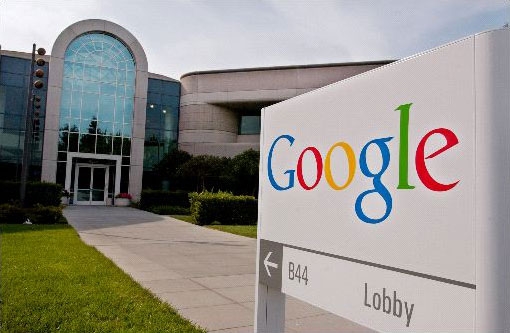There is good news though and you do not have to wait the 2 years for Google to roll out a plan either. For those that are concerned with application tracking and personal data collection there is a setting in Android version 12 and up that allows you to remove an important piece of the data collection puzzle. This is your Google Ad ID.
The Ad ID can be used by not only Google but other apps that are installed on your mobile device. This function can be used to collect a lot of data about you and your activities while using your phone. Even if you turn off the personalization functions in Android, you still get an Ad ID that can be leveraged for cross app tracking and, of course, tracking by Google.
To opt out of this data collection is easy. You head to settings, then privacy, then ads. From there you have two options. Reset your ad ID or delete it. If you select delete it will pop up a warning about all the things you are giving up and ask if you are sure you want to proceed. Once you click delete the ID is removed from the device. As an extra layer, we also recommend turning off the personalization service under privacy. Shutting these two items off will not prevent all tracking, but it will help reduce what can be collected.
The data collection craze from tech companies like Google, Amazon, Facebook and many, many others has gotten bad enough that it has supported massive growth in the privacy protection market. Mobile Browsers like DuckDuckGo, Brave and others along with messaging apps like Signal and Telegram are proof of this. DuckDuckGo has even begun development of a tracker blocker for mobile devices, it is currently in open beta status and once installed, it is an eye opener as to how many apps are collection information about you even when not in use.
Personal privacy is going to be a big item for consumers in the next few years. Apple’s move is a good indicator of that as they do keep on top of what their users want, even if they do not always deliver. Google needs to take a better look at their direction and make a choice here. If they go with the current plan A, I can see backlash and anti-competition lawsuits in their future along with the high probability of attention from Privacy watchdogs in the EU.




